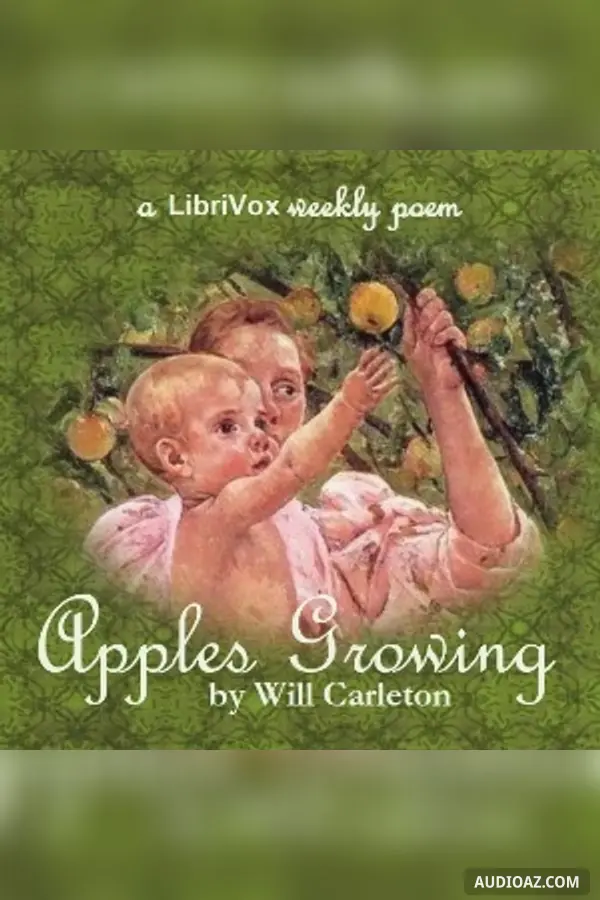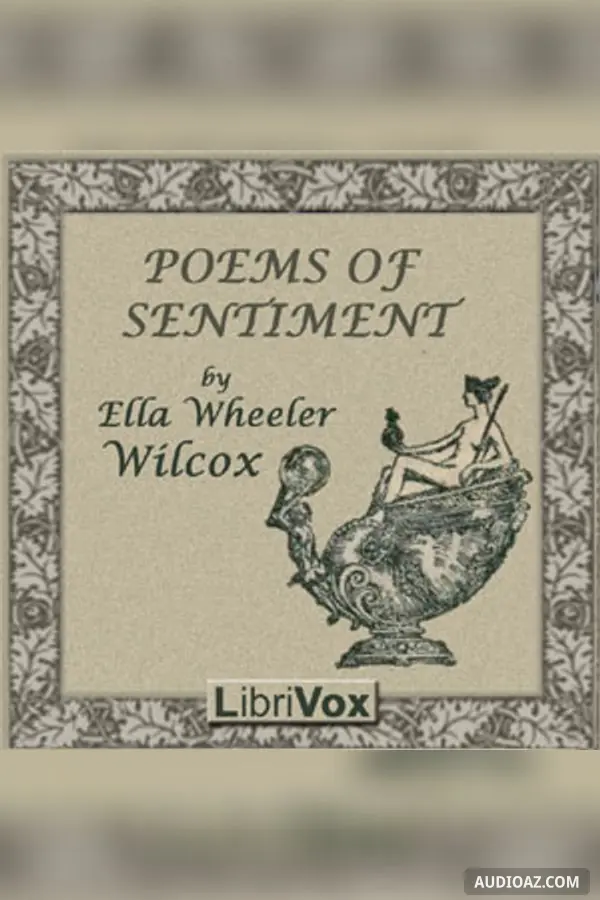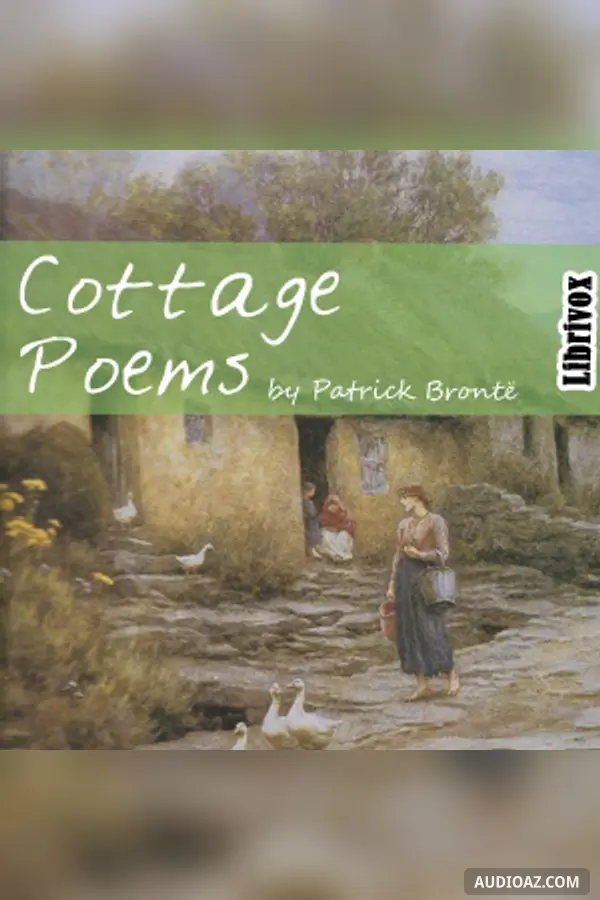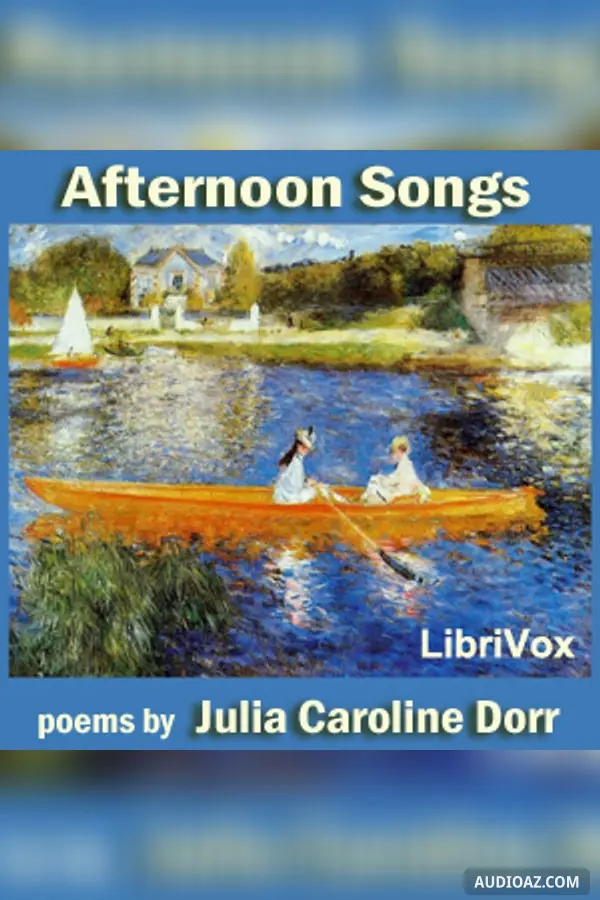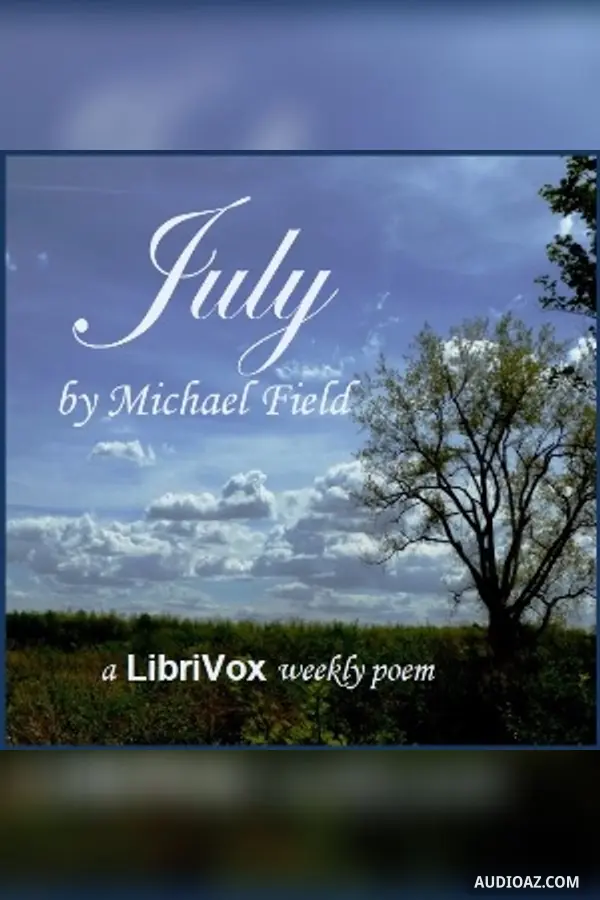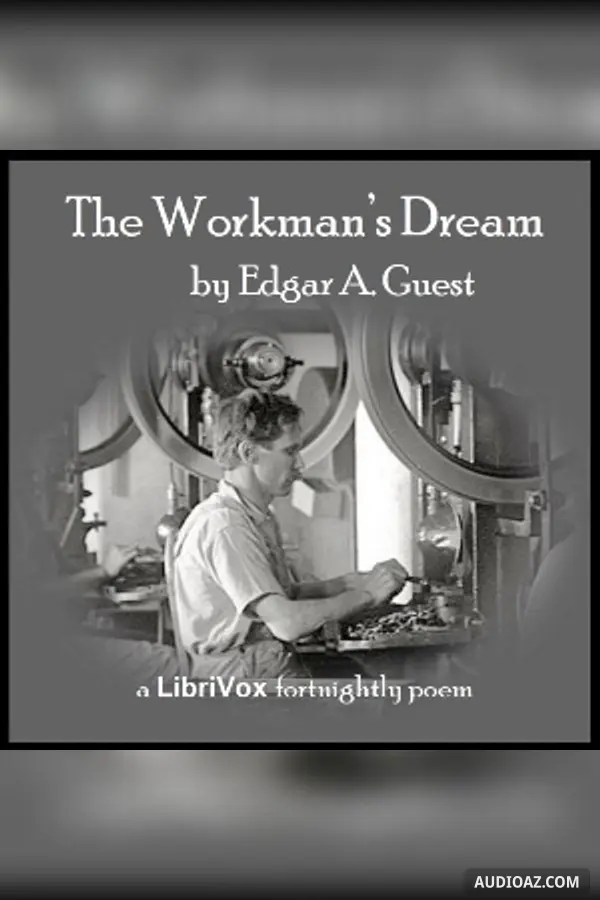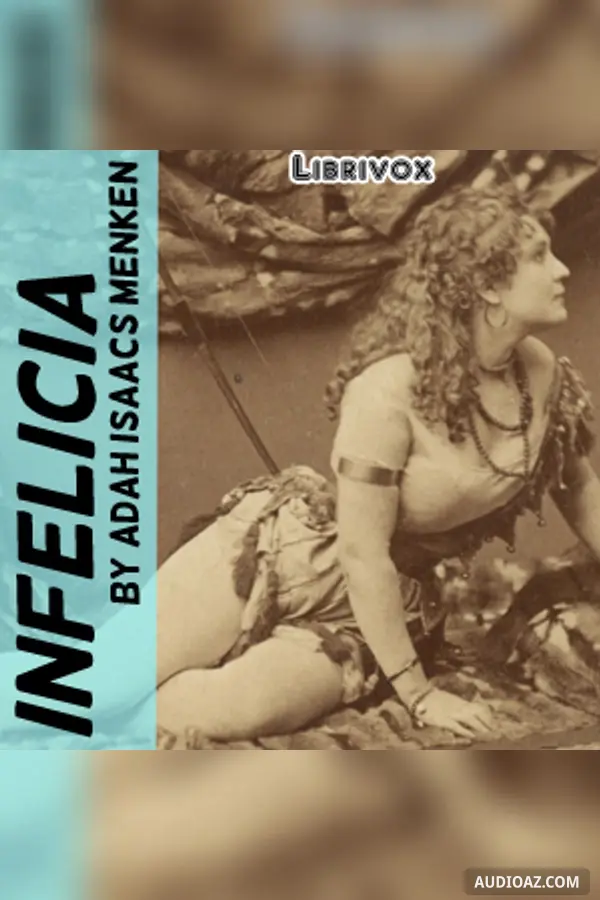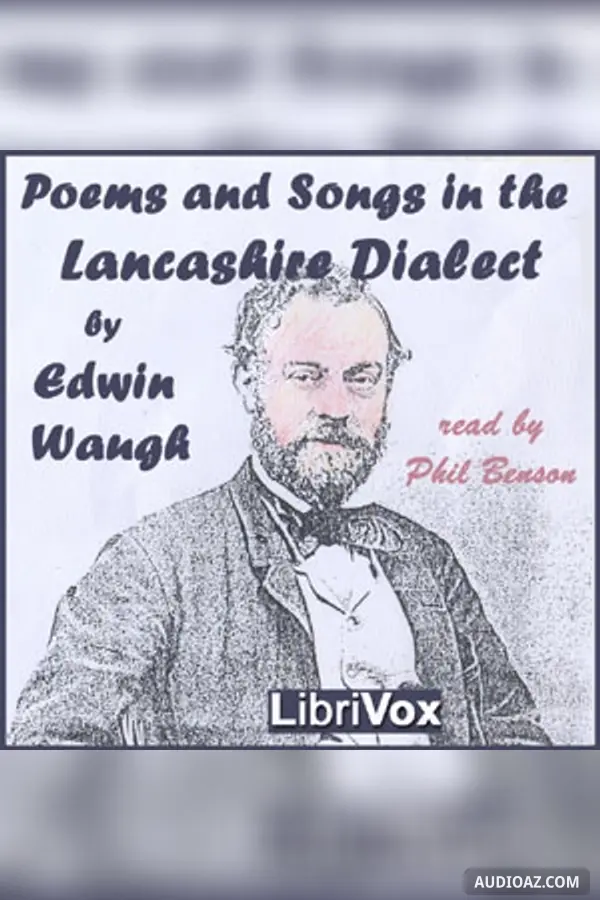
Poems and Songs in the Lancashire Dialect - Бесплатная аудиокнига
Автор(ы): Edwin Waugh
Язык: English
Жанр(ы): Поэзия
1 / 9Come whoam to thy childer an' me; What ails thee, my son Robin?; The grindlestone; God bless these poor folk; Come, Mary link thi arm in mine
- 1. Come whoam to thy childer an' me; What ails thee, my son Robin?; The grindlestone; God bless these poor folk; Come, Mary link thi arm in mine
- 2. Chirrup; The dule's i' this bonnet o' mine; Willy-ground; A bit of a sing; Tommy Pobs; Toddlin' whoam
- 3. Th' sweetheart gate; Owd Enoch; Eawr folk; Forgive one another; Buckle to
- 4. Neet fo'; A lift on the way; Yesterneet; I've worn my bits o' shoon away; Gentle Jone
- 5. Tum Rindle; Bonny Nan; Tickle times; Jamie's frolic; Owd Pinder
- 6. Th' goblin parson; Come, Jamie, let's undo thi shoon; While takin' a wift o' my pipe; God bless thi silver yure; Margit's comin'
- 7. Hard weather; Come, limber lads; The garland; These bonny bits o' childer; To my old fiddle; It's time to be joggin' away
- 8. Little cattle, little care; Cradle song; The little doffer; Heigh, lads, heigh; Toothsome advice; Cock Robin
- 9. Owd Roddle; My Gronfaither Willie; Come to your porritch; Heigh, Jone, owd brid
О книге
A selection of poems in the Lancashire dialect by the foremost exponent of the form. A printer by training, Edwin Waugh left his trade for secretarial work and began his literary career in 1852. His first dialect poem, 'Come whoam to thi' childer and me', was written at the Clarence Hotel, Manchester, on 10 June 1856 and published in the Manchester Examiner the following day. The best known Lancashire dialect poem of its day, it inspired numerous followers whose dialect poetry and prose provided an often nostalgic accompaniment to the sound and fury of the industrial revolution. This selection of dialect poems was published shortly after Waugh's death alongside a selection of his standard English poetry. It consists of the poems that editor George Milner judged to be presentable and is accompanied by a critical introduction and commentary on Waugh's use of the Rochdale variety of the Lancashire dialect. - Summary by Phil Benson
Комментарии
Будьте первым, кто оставит комментарий
К этому контенту пока нет комментариев. Начните обсуждение!
Показать больше
Теги: Poems and Songs in the Lancashire Dialect audio, Poems and Songs in the Lancashire Dialect - Edwin Waugh audio, Поэзия audio, free audiobook, free audio book, audioaz
